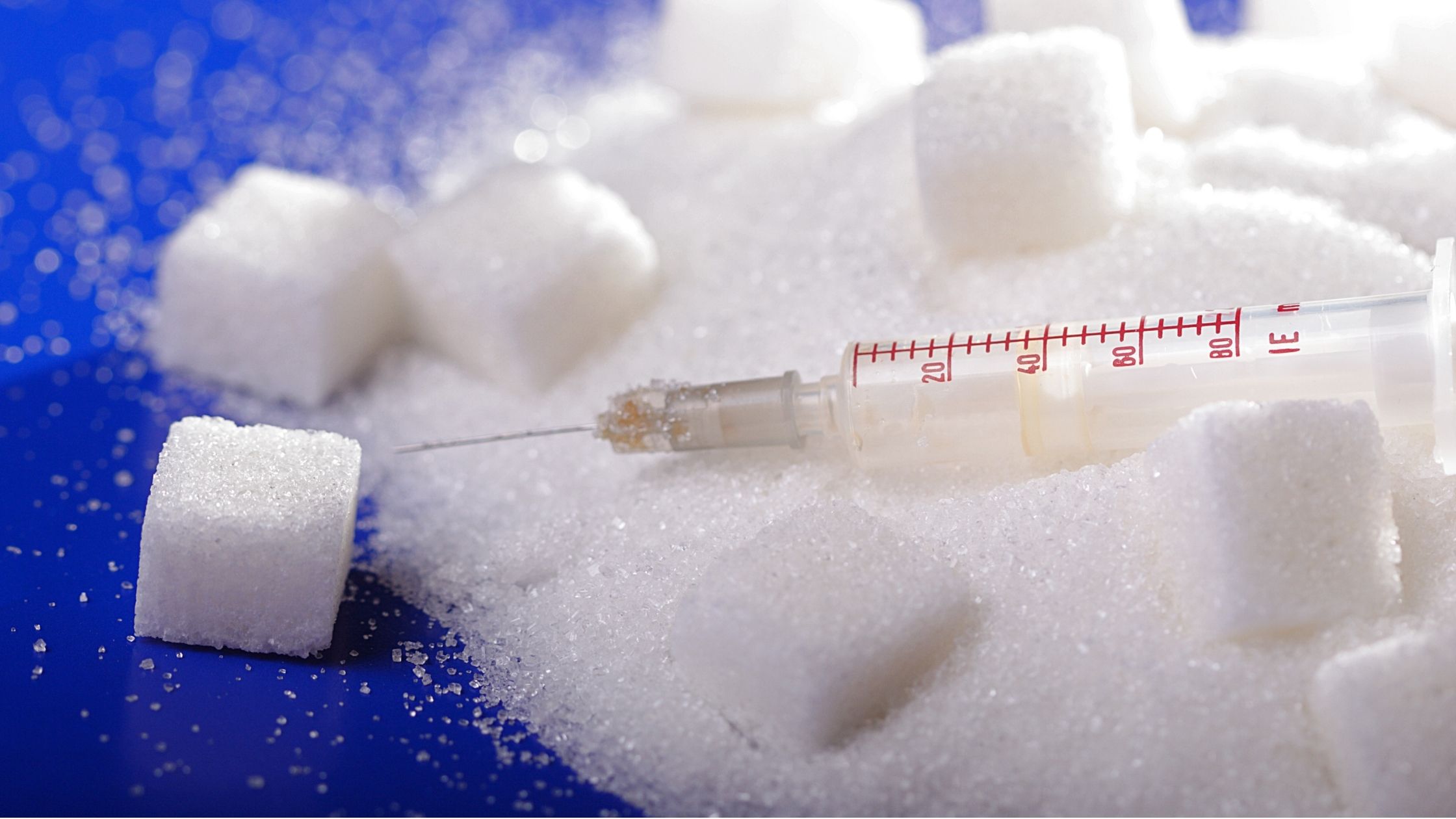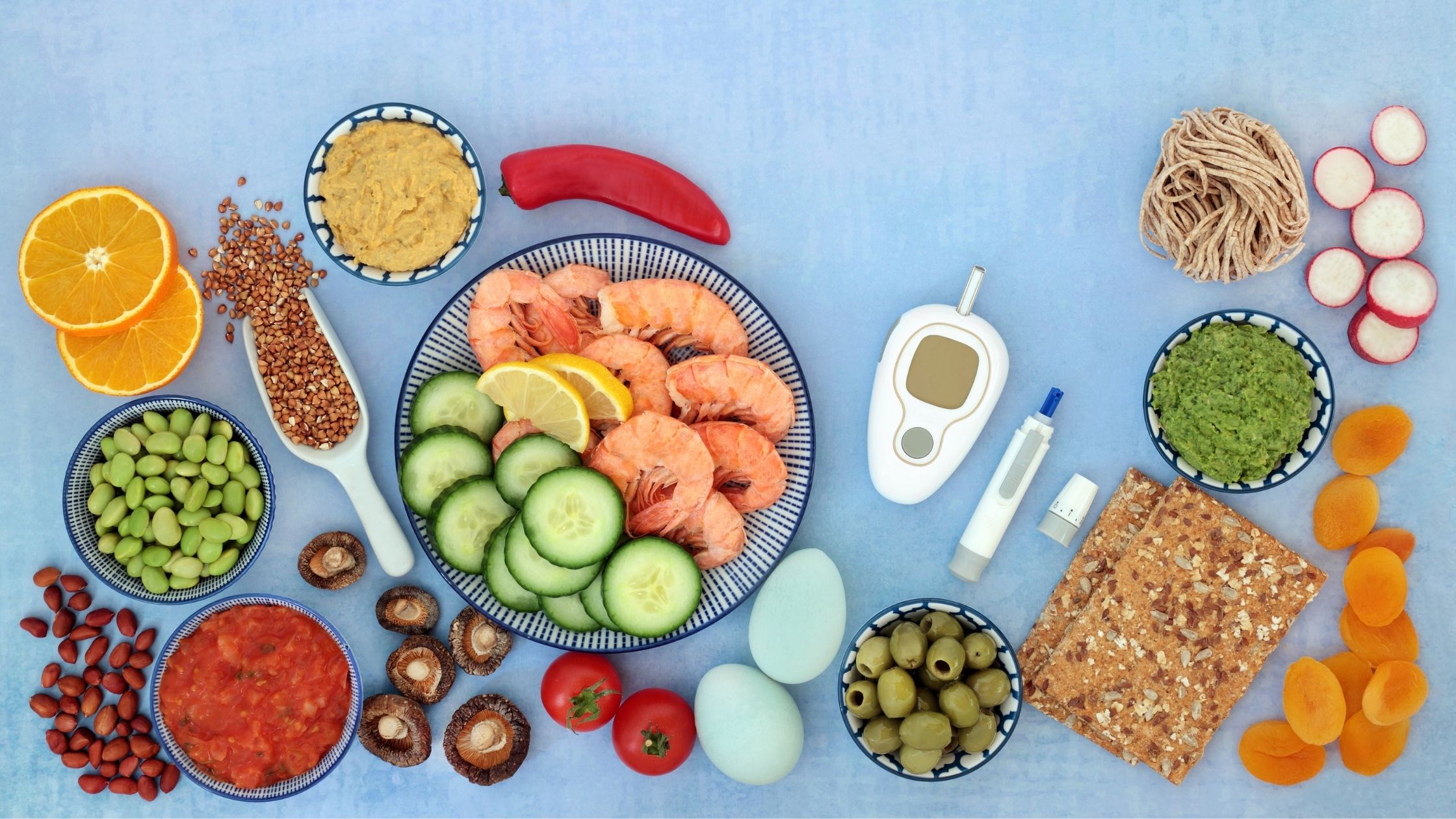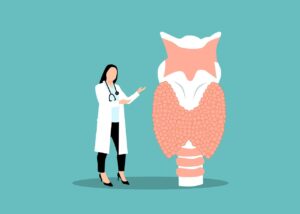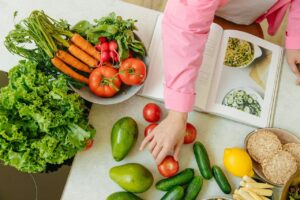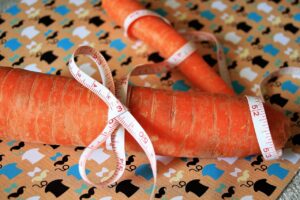Ever wondered what is the most common cause of inflammation, hormonal imbalance, and serious conditions such as insulin resistance and diabetes?? Well, you will get to know that along with the right insulin resistance foods by reading this one!
The common symptom in all these is imbalanced blood sugar levels! Blood sugar levels must be maintained to make sure that the cells receive glucose to meet their optimal requirement. Normal blood glucose must be – 70-100mg/dl (fasting) but functionally we want it to see it below 85 and less than 140mg/dl (post-lunch) and functionally to see this no more than 110.
What is Insulin?
Insulin is a hormone made by the pancreas that helps glucose enter your blood cells and use it for energy. And where exactly do you get the glucose from?? Well from the foods you eat! An important point to note here is glucose is also made by your liver in times of scarcity such as during fasting.
When the glucose or blood sugar levels rise after eating food, the pancreas releases insulin in the blood, and the insulin helps lower the blood sugar to keep its normal range as mentioned above.
What is Insulin Resistance?
Insulin resistance is when cells do not respond well to insulin and the cells can’t take up the glucose from the blood. As a result, the pancreas makes more insulin to help the glucose enter the cells. Glucose is usually obtained in the diet from grains, fruit, vegetables, dairy products, and drinks.
When the cells don’t respond to the insulin’s signal, it results in too much glucose floating in the bloodstream which can eventually lead to prediabetes which further can result in full-blown Diabetes type 2.
Symptoms of insulin resistance are:
- Brain fog
- Fatigue
- Sleepiness
- Increased cravings
- Increase in body fat percentage especially belly fat
Remember insulin release is triggered by the increase in blood sugar levels. The extent of the rise in insulin will depend on the rise in blood glucose. For eg, a steady rise in blood sugar levels triggers a steady rise in insulin levels while a sudden spike in blood sugar levels can trigger a similar spike in insulin levels.
Therefore it is important to choose your carbohydrates wisely, complex carbohydrates rich in fiber will have a steady rise whereas simple carbohydrates devoid of fiber will have a sudden spike.
Let’s focus on the nutritional causes of insulin resistance:
– Frequent consumption of refined carbohydrates
– Excess consumption of complex carbohydrates
– Fasting and feasting causes yoyo in insulin spikes
– Consumption of poor quality fats in the diet
A quick note on insulin resistance with PCOS connection
Insulin resistance leading to high insulin levels is considered the single biggest factor that can trigger PCOS or worsen existing PCOS leading to weight gain. Hence it gets imperative to indulge in the right insulin resistance weight loss diet.
The most essential thing to focus on when it comes to insulin resistance is to check on sugar!! As much as is sugar necessary for survival, we don’t want sugar coming from processed, simple, and artificial forms.
This can lead to a myriad of health issues causing high blood sugar levels, insulin spikes, and weight gain. The focus must be on insulin resistance foods such as complex carbohydrates rich in fiber to help prevent the insulin spike and prevent high blood sugar levels.
Insulin Resistance Foods
Insulin resistance weight loss diet and lifestyle tools focus on stabilizing blood sugar levels. The guidelines include:
- Crowd out sugar in every form, white sugar, sweets, chocolates, ice creams, cookies, package foods, aerated drinks
- Eat whole grains such as jowar, ragi, brown rice, dals, legumes
- High fiber fruits such as apple, pear, papaya and reduce the intake of high sugar fruits such as grapes, banana, and chickoo
- Eat fibrous veggies such as spinach, fenugreek, gourds, and minimize the consumption of starchy ones such as potato, sweet potato, and yam
- To prevent withdrawal symptoms can add natural sweetness like raw honey and jaggery, remember must use these sparingly since they do carry calories
- Experiment with a natural herb like stevia again sparingly
- Eat 3 servings of protein to help to balance blood sugar levels and deal with sugar cravings
- Eat protein and fiber 15 minutes before a simple carb meal
- Eat soluble fiber such as vegetables before meals to stabilize insulin levels
- Up water intake
- Sleep 7-8 hours daily, helps to stabilize blood sugar levels and calm down cravings
- Pair carbohydrates and sugars you eat with good fat/protein and fiber
- Don’t eat 3 hours before bedtime
- Speed up metabolism with spices such as cayenne, cinnamon, turmeric, and cardamom
- Consider supplements such as chromium and ALA
- Can consume methi seeds, apple cider vinegar, and cinnamon powder
- Exercise regularly
Also, check out the guide on Thyroid control foods shared by the best Thyroid nutritionist in Mumbai.
Harness the power of nutrition to manage insulin resistance. Get personalized dietary recommendations from Karishmma Chawla for optimal health.

